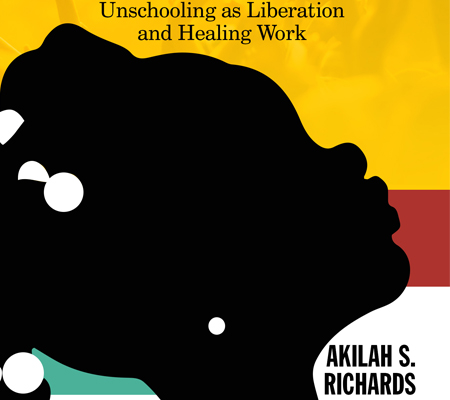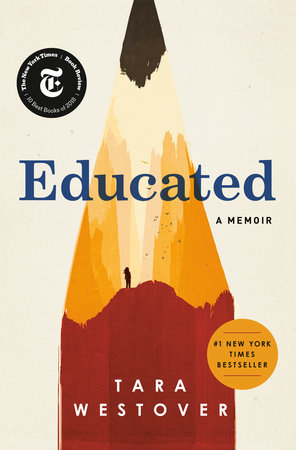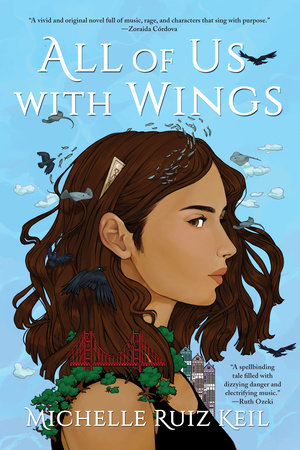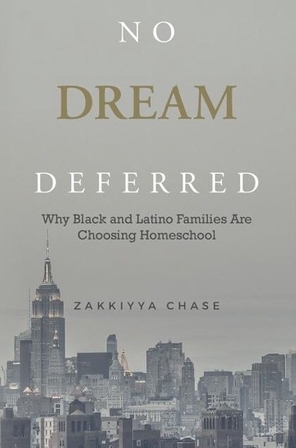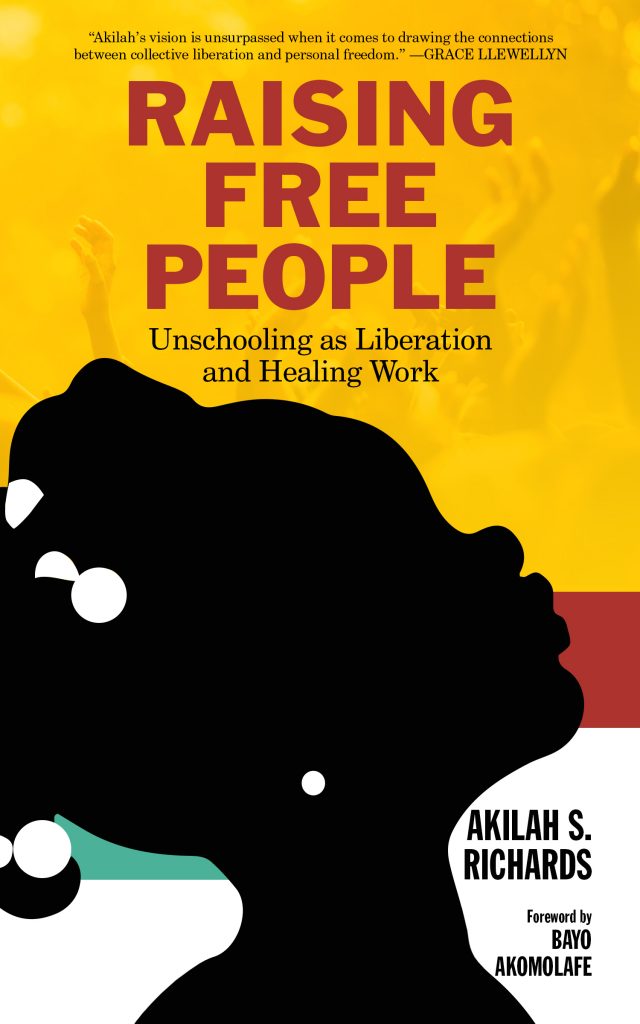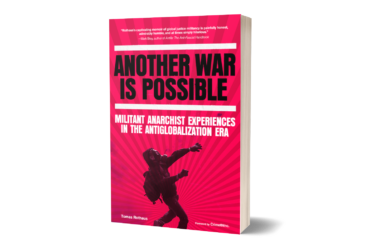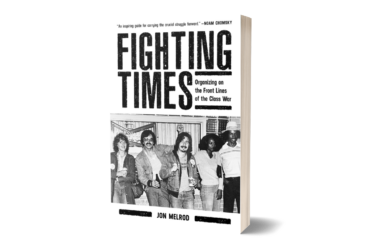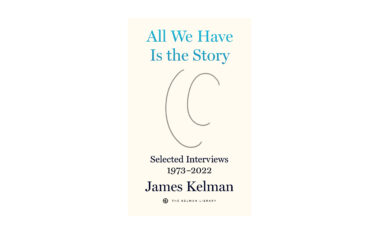By Jae-Yeon Yoo
Electric Literature
September 9th, 2020
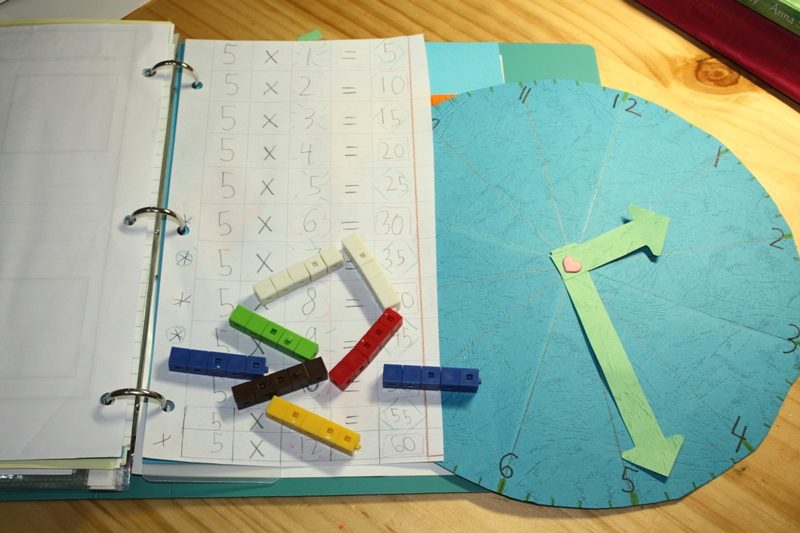
.
The first day of school hits a little different this year, with hundreds of students logging in through Zoom, teachers protected with face shields, and potentially deadly risk for students, faculty, and staff attending in person. Debates have raged on about the pros and cons of opening schools back up, with many families considering alternative forms of education that don’t involve a classroom. But non-traditional education has been around much longer than COVID-19, from private governesses to homeschooling to a “pod” of superheroes (all right, maybe not that one). As we dive into September and deal with the chaos of the U.S. educational system, here are 10 books that showcase the merits and dangers of alternative schooling.
Educated: A Memoir by Tara Westover
This mega-bestseller documents the dangers of an isolated upbringing, and the power of knowledge to change one’s life. Westover grows up under survivalist parents, loosely “homeschooled” by her mother and closely monitored by her paranoid, controlling father. Under these abusive conditions, she secretly studies for the ACT; it is only through attending Brigham Young University that Westover finally leaves Buck’s Peak, a rural mountain in Idaho. Educated has garnered well-deserved acclaim for its sharp, visceral depiction of rural isolation.
Pedagogy of the Oppressed by Paulo Freire
While education can be liberating, as Westover shows, certain forms of systemic education can be just as oppressive; the racial and financial disparities of the U.S. educational system have only become more and more glaringly evident under current circumstances. Pedagogy of the Oppressed examines how educational systems can go hand in hand with capitalism and colonization. In place of this pedagogical system, Freire outlines an alternative educational method, where the student is a co-creator of knowledge. First published in 1968, Pedagogy of the Oppressed has become a foundational text of critical pedagogy.
Umbrella Academy by Gerard Way and Gabriel Bá
The popular comic series written by Way (incidentally, lead singer of My Chemical Romance) features a dysfunctional family—in COVID times we might call them a “pod”—of superheroes who are all educated together. At the end of a cosmic wrestling match, 43 babies with strange powers are suddenly born to previously non-pregnant women. Sir Reginald Hargreeves, an extraterrestrial businessman, chooses seven of these superhero babies and educates them in the Umbrella Academy, training them on how to save the world. As far as alternative “academies” are concerned, this one may be a bit tricky to recreate at home!
Take a break from the news
We publish your favorite authors—even the ones you haven’t read yet. Get new fiction, essays, and poetry delivered to your inbox.
Hons and Rebels by Jessica Mitford
An autobiographical account of family life, Hons and Rebels is a close look at the Mitford girls’ upper-class yet distinctly idiosyncratic upbringing in pre-WWII England. Jessica Mitford, well-known for her investigative journalism and Communist politics, describes what it was like to grow up in the Mitford family, English aristocrats who attracted much attention for their political views—one of Jessica’s sisters grew up to be an ardent Hitler fan, while another married the leader of the British Union of Fascists. Hons and Rebels describes the adventures and self-education of the Mitford girls (who clearly veered into different adult lives), from making up gibberish languages to watching chickens lay eggs.
All of Us with Wings by Michelle Ruiz Keil
If Umbrella Academy has you in the mood for more fantastical schooling adventures, Keil’s YA-debut may be a good continuation. Xochi, a seventeen-year-old girl with a turbulent past, is on the streets of San Francisco when she meets Pallas, a twelve-year-old from an affluent family of rock stars. Xochi becomes Pallas’s live-in governess, growing accustomed and learning about the family’s free-love lifestyle. But when Pallas and Xochi accidentally summon ancient powers on the Vernal Equinox, their homeschooling takes a dive into the mythical, with both characters learning about the powers (and consequences) of vengeance.
Stay and Fight by Madeline ffitch
In ffitch’s debut novel, Helen, a Seattle hipster, impulsively buys 20 acres of land in Appalachian Ohio. When her neighbors, Karen and Lily, are expecting a child and can no longer stay in their current home, Helen invites them to come join her. They start a self-sustaining, anti-capitalist unit of their own; ffitch’s characters believe in educating their child, Perley, at home in a particularly unregimented, semi-feral way. However, this lifestyle starts to change as Perley wants to attend school. Stay and Fight is a reimagining of the pioneer novel, thoroughly examining the societal systems in place and how we can challenge them.
No Dream Deferred: Why Black and Latino Families Are Choosing Homeschool by Zakkiyya Chase
No Dream Deferred is a timely critique of American public schools, analyzing why exactly Black and Latino children are at a disadvantage. It’s no secret that the educational system in America has historically been—and continues to be—stacked against Black and Latino children; racial and socio-economic segregation is still very much a reality, as showcased in the student demographics of selective, competitive New York City high schools. No Dream Deferred thoroughly analyzes the system’s history, starting all the way from slavery; simultaneously, it shows how homeschooling emerges as an alternative option for these families, one that can be used to create a more equal form of education. Chase’s analysis of America’s flawed schooling system, deeply rooted in segregation, is all the more relevant to keep in mind today as we consider educational models beyond the classroom.
Little Men by Louisa May Alcott
Moral education doesn’t stop after Little Women; Alcott had further plans for unconventional schooling for the March family. After inheriting her aunt’s estate, Jo March now runs an alternative boarding school for youth; in typical Jo style, artistic pursuits are highly encouraged, every student tends to a garden patch of their own, and pillow fights are allowed on Saturday evenings. Alcott herself had an unusual upbringing, taught at home by her father, an educator reformist who supported Transcendentalism and experiential education.
Baby Teeth by Zoje Stage
Stage’s psychological thriller is split between the perspectives of Hanna, a seemingly-angelic little girl who doesn’t speak, and Suzette, her mother who is homeschooling her. The catch? Hanna is plotting her mother’s death, so she can get her father all to herself. Suzette becomes increasingly unsure of the family’s decision to homeschool, as Hanna’s antics grow more and more extreme. Baby Teeth certainly challenges parents to think twice, before dismissing the glint in children’s eyes as a simple “prank”!
Raising Free People: Unschooling as Liberation and Healing Work by Akilah S. Richards
We usually don’t include books that haven’t been published yet, but anyone thinking about alternative schooling should be excited for Richards’ non-fiction book, coming out later this fall. Raising Free People examines how oppression is rooted in the habits, disciplinary methods, and hierarchies of the current schooling system, suggesting both practical and ideological ways to move past this model. Drawing upon her relationships with Blackness, decolonization, and healing, Richards takes a thoughtful, intersectional approach. The book puts community-based healing at the forefront of unschooling, focusing on how all children can thrive in education—no matter their financial status, ability, or personal background.
About the Author
Jae-Yeon is a volunteer intern at Electric Literature.
Akilah S. Richards hosts Fare of the Free Child, a lifestyle and parenting podcast about the connection between liberation, learning, and parenting, particularly among BIPOC communities. Parents, educators, unschoolers and entrepreneurs tune in weekly to connect about unschooling, deschooling, conscious parenting, and self-directedness. Akilah is passionate about mindful partnerships and parenting and her voice and work have been featured on NPR, NBC TV, Good Morning America’s blog, and in several print and web-based publications. The TEDx Speaker, accomplished digital content writer, and sought-after facilitator is part of a nomadic family of four; she and her partner, Kris, are raising two self-directed teenagers.

